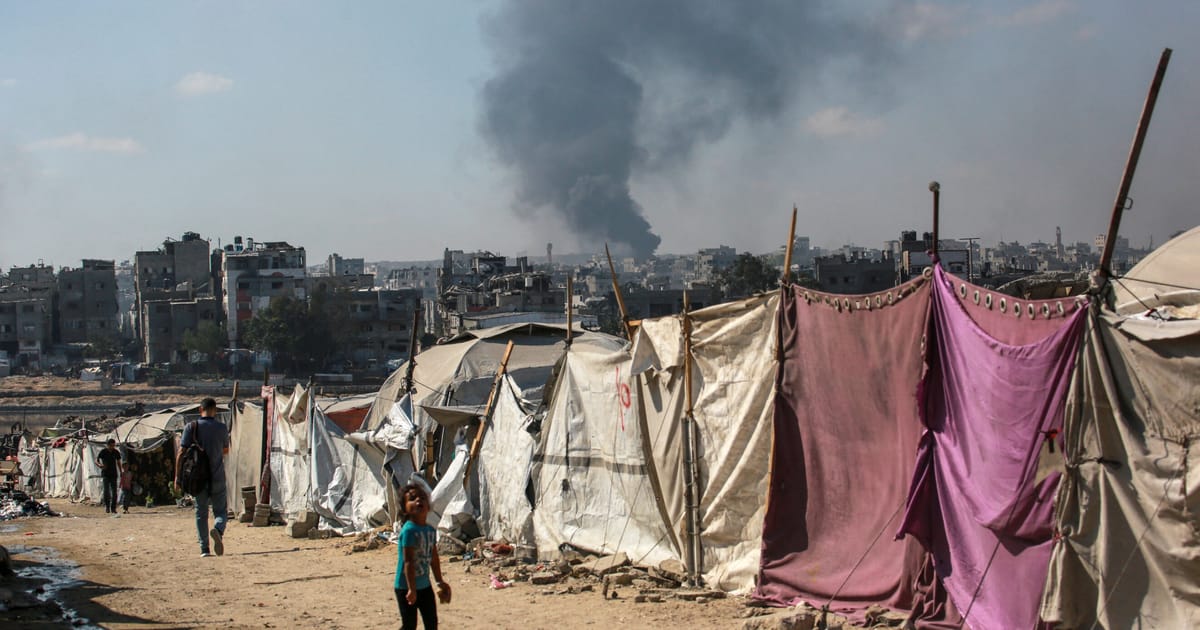The measures Israel and the EU agreed upon include an increase of daily trucks for food, fuel and other items entering Gaza, the opening of several other crossing points in both the northern and southern areas, the reopening of the Jordanian and Egyptian aid routes, as well as the distribution of food supplies through bakeries and public kitchens throughout the Gaza Strip.
Israel blocked all food deliveries by international aid agencies to Gaza for 11 weeks — arguing that they were being seized and sold by Hamas militants — as it continued its military assault in the coastal enclave.
After it relaxed its blockade of the enclave, the Gaza Humanitarian Foundation (GFH) — a controversial food aid organization backed by the U.S. and Israel — began operations in the area.
GFH has drawn criticism amid reports of Palestinian civilians being shot as they tried to access aid, with 170 NGOs recently urging its closure.
The EU said GFH is “not part” of the new deal.
